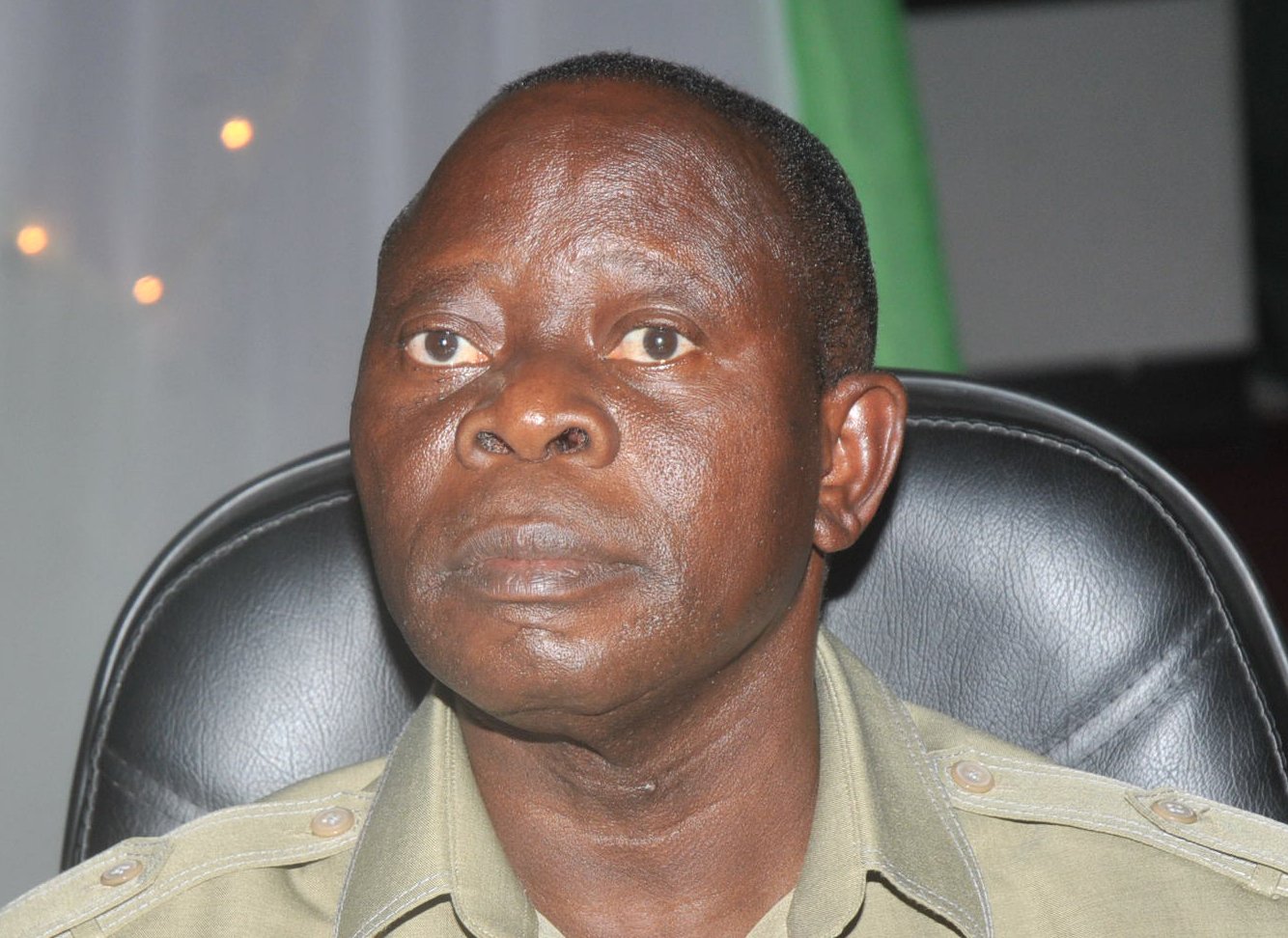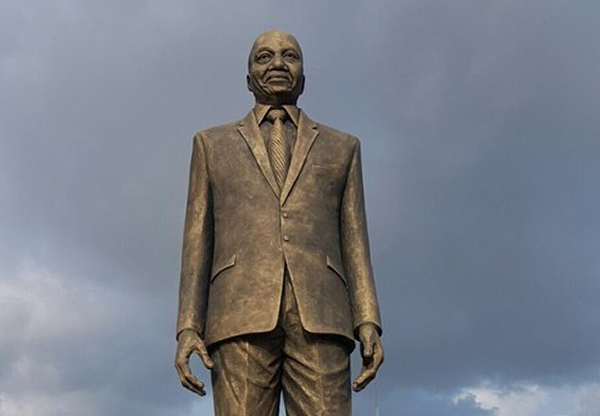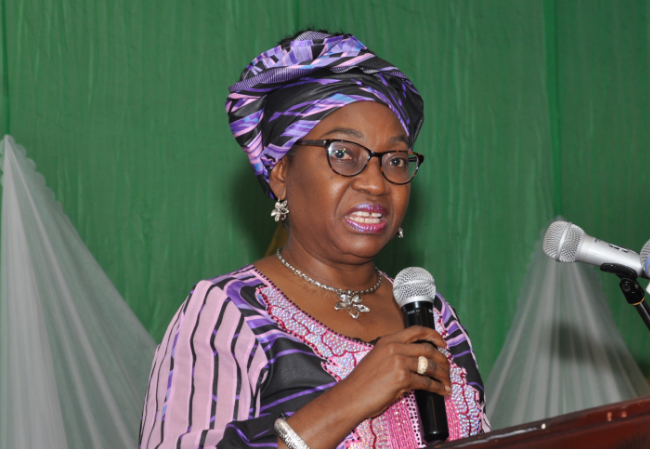When George Orwell’s widely acclaimed Animal Farm was published in 1945, Nigeria had existed as a nation for about three decades, still under British rule. Though Orwell’s muse was events prior to the Russian Revolution and Stalin’s Soviet Union, nothing in print till date describes the socioeconomic realities of today’s Nigeria more perfectly than this satirical novella.
In Nigeria, some “animals” are more equal than others but that is not where this story ends. The distribution of and access to wealth, primarily in the form of public revenue, is an ecological pyramid of numbers. The few members of the ruling class have arrogated to themselves the constitutional (albeit morally despicable) right to pocket wealth that belongs to all, at the expense of the densely populated lower class.
Arguably, the speediest route to wealth in Nigeria is to occupy a political office, or become friends with those in office. Nothing typifies the financial and economic inequality spawned and sustained by Nigeria’s ruling class like the gulf between wages for the average politician in or outside office, and the average civil servant.
The global corruption index by Transparency International places Nigeria among the world’s most corrupt countries; however, this only takes into account cases of embezzlement, money laundering, mismanagement of funds and similar crimes. A more lethal form of corruption exists in Nigeria that is perpetuated by the elite through legislation, to ensure that financial Inequality created while in office is maintained outside of it. The political order in Nigeria enables institutionalized unfettered access to public revenue for the maintenance of extravagant lifestyles of political office holders even when they leave office, or take up juicier positions.
Advertisement
In 2012 James Ibori, former governor of oil-rich Delta State, was convicted in the UK for money laundering and conspiracy to commit fraud. Throughout his imprisonment, Ibori was paid N250 million by the same State whose money he laundered and conspired to defraud. This legitimate scam was made possible by laws Ibori himself signed, shortly before leaving office; as an ex-governor, his perks include a guaranteed annual payment of N50 million.
Adams Oshiomhole—once a national labour leader and vocal civil rights activist—recently left office, after two terms as Edo State governor. Oshiomhole has tactically made sure N200 million and 100% of his last annual salary will accrue to him as pension benefits. The State will also buy three vehicles (to be replaced every five years), and maintain a retinue of assistants, cooks and armed guards.
Last year, while Nigerians grappled with an economic recession caused by dwindling government revenue, the federal government still managed to budget N2.6 billion as entitlements for former Presidents, Head of States, former Vice Presidents and Chiefs of General Staff.
Advertisement
In effect, as States struggled to pay a $40 minimum wage and millions of civil servants across the country were reduced to beggars, the federal government budgeted about N236 million for 11 members of an elite group of past national leaders.
This year, the 2017 Appropriation Bill, if approved, will see N432 million spent to purchase new cars, again, for these former leaders. Ironically, this group comprises of five ex-Army generals, who also draw millions monthly as pension for their service in the military. This treacherous duplicity in payments and remunerations under one pension law or the other has become the average Nigerian politician’s strategy of depriving citizens of funds that should be deployed for the public good.
Nigeria’s National Assembly gets a statutory allocation of N115 billion every budget cycle, the details of which remain strongly guarded secrets. Basically, despite the best efforts of civil society, the average lawmaker earns about N40 million monthly – over 2000 times the national minimum wage. Added to this is an undisclosed End-Of-Tenure Gratuity paid to each Senator upon conclusion of every four-year term.
Today, there are 21 former governors in the Senate who draw pensions from their respective States and simultaneously receive humongous allowances as lawmakers. This phenomenon, termed “double-dipping,” comes at the expense of inclusive socioeconomic development in a nation hardly able to feed its populace, or provide quality healthcare and education.
Advertisement
Lagos, Rivers, Sokoto, Akwa Ibom, Oyo, Zamfara and Kwara are other States suffering under the burden of pension laws signed by former governors eager to feed off the State for life. Clearly, the political elite has made corruption legal, further widening the gulf between the rich and the poor by ensuring that the wealth of the nation is both disbursed and circulated within their pockets and circles.
The harshest consequence of Inequality in Nigeria is the continuation of these outrageous pension laws and provisions that legitimize duplicity in payments to political office holders; they are prolific tools that guarantee long-term impoverishment of Nigerians and Nigeria.
The moment her politicians prioritize the abolition of this singular anomaly, Nigeria would have begun her journey towards building a truly just and equitable society, one far from the likes which inspired Orwell’s masterpiece.
Omojuwa is a popular media entrepreneur & also the chief strategist of Alpha Reach. This piece is part of the OXFAM Even IT Up Campaign series.
Advertisement
Views expressed by contributors are strictly personal and not of TheCable.
Add a comment







